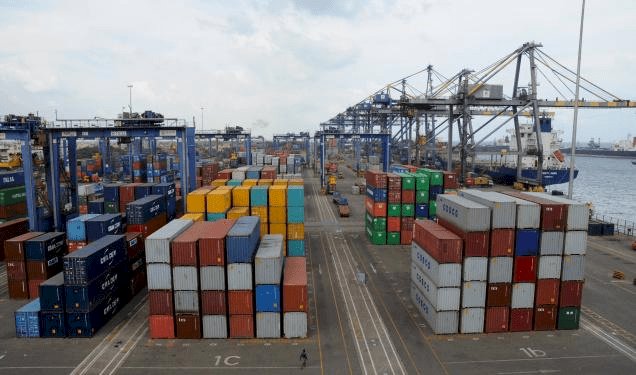Reversal Of Benchmark Value Reduction Takes Effect Today

The implementation of the reversal of the 50 percent benchmark value on imports will take effect from today, the Tuesday, January 4, 2022. This was announced in a press statement issued by the Ghana Revenue Authority (GRA) on Sunday, January 2, 2022. The reversal will also affect all 43 items under three categories prescribed by
the GRA. Some of the items include rice, poultry, sugar, palm oil, toilet paper, mosquito coils, machetes and vehicles. The government introduced the benchmark policy in 2019 in accordance with the World Customs Organization’s policy of the regular review of valuation databases. Under this policy, certain commodities are
benchmarked to the prevailing world prices as a risk management tool, to reflect the true market dynamics of these commodities. It also takes into consideration factors such as protection of health, the environment, and security, as well as protection of local industries.
About benchmark value reduction
The benchmark value, which is the amount taxable on imports, was reduced by 50 percent for some goods and the import value for cars was also reduced by 30 percent. The government’s hope was that easing the import regime would make Ghana’s ports competitive by increasing the volume of transactions and increasing revenue generated at the ports. But as the government
also pushed its industrialisation drive, critics, like the Association of Ghana Industries, called for a review of the benchmark value reduction policy. It argued that imports that also compete with locally manufactured products must be exempted from the policy as part of a cushion for local products. The Ghana Union of Traders Association had earlier called on its members to also oppose the development.







